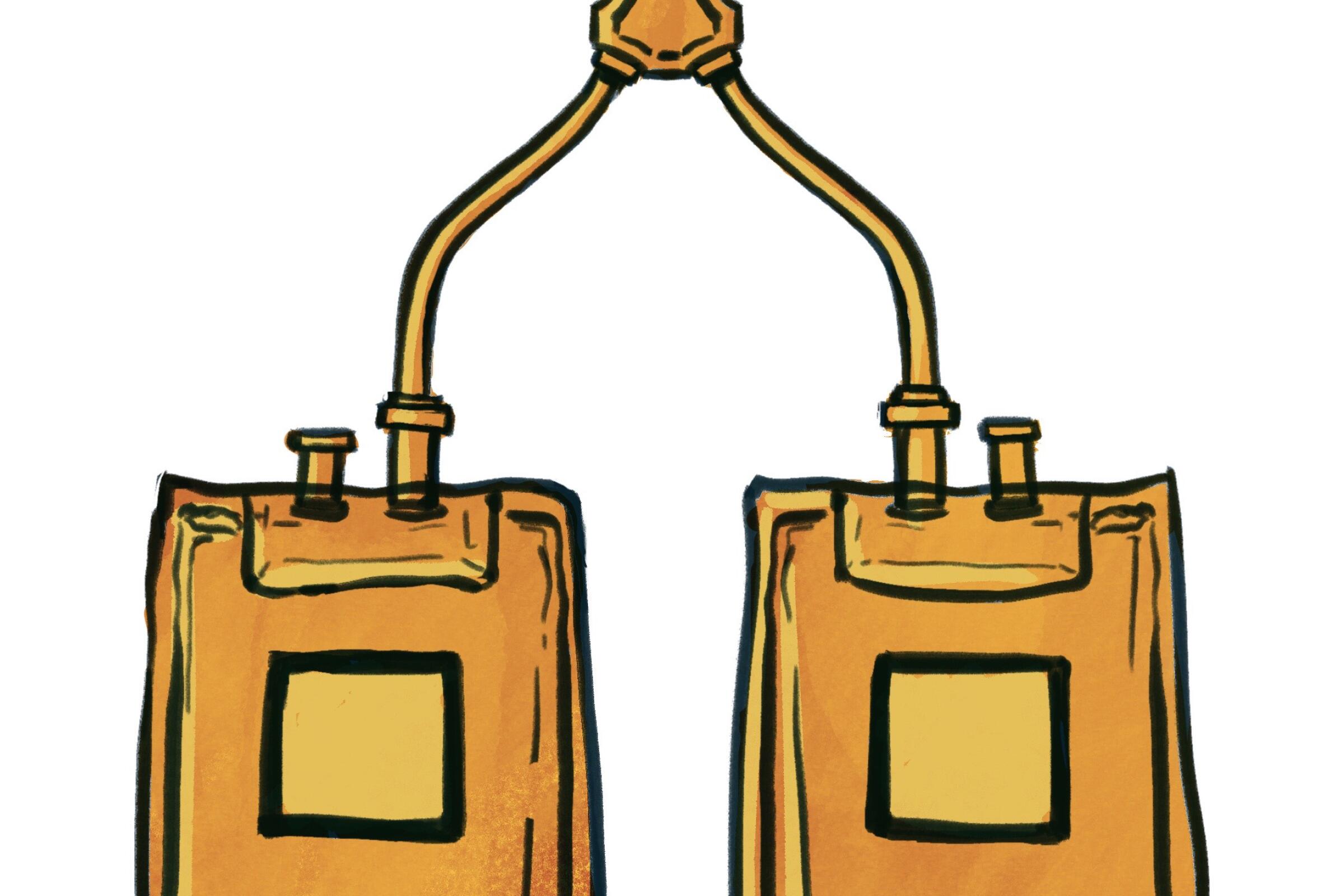Newsletter
Sign up for Essential California
The most important California stories and recommendations in your inbox every morning.
You may occasionally receive promotional content from the Los Angeles Times.

California voters will decide the fate of seven statewide propositions on Nov. 8.
The propositions, like all state ballot measures, require approval by a simple majority of voters for passage. Unless otherwise specified, the approved propositions take effect once the election results are certified in December.
Here’s what you need to know about Proposition 29.
Once again, voters are being asked to deal with the issue of kidney dialysis in California.
If approved, Proposition 29 would require dialysis clinics to have a physician, nurse practioner or physician assistant on premises during treatment hours. The ballot measure would also require clinics to disclose if a physician has ownership interests in the facility and to report patient infection data.
This is the third time in four years that California voters are being asked to weigh in on how kidney dialysis centers operate in the state, with previous attempts in 2018 and 2020 both failing.
Along with the two previous ballot measures, the current measure is supported by Service Employees International Union-United Healthcare Workers West, a Bay Area union that represents healthcare workers in California.
About 600 dialysis clinics in California serve about 80,000 patients per month, according to a state legislative analysis. To address the patients’ needs, clinics often operate longer hours and are open six days a week. Two private for-profit dialysis companies, DaVita Inc. and Fresenius Medical Care, own or run about the majority of the licensed clinics in California and oppose the proposition.
Who is running for California governor? What are the propositions on the ballot? Here is your guide to the 2022 midterm election.
Backers: They said the new rules are designed to keep dialysis patients safe and to hold dialysis providers accountable. They point out that multiple states, including Georgia, Louisiana, Maryland, Massachusetts, New Jersey, Oregon, South Carolina, Texas and Utah, have staff-to-patient ratio requirements at dialysis clinics.
David Miller, research director for SEIU-UHW, said the group denies accusations about using the proposition system to unionize dialysis center workers. He said the proposition is not designed to dictate what doctors may do on-site or how they would oversee care.
He said dialysis patients have expressed concern that the centers lack adequate staff if something goes wrong. He pointed out that earlier this year SEIU-UHW filed an administrative complaint alongside other groups and patients with the U.S. Department of Health and Human Services about the disparate effect of dialysis on Latino and Asian patients.
Critics: The No on Prop 29 campaign has a long list of medical industry associations opposing the ballot measure, including the California Medical Assn., the American Nurses Assn.’s California chapter, the American Academy of Nephrology Physician Assistants, which represents dialysis technicians, and multiple dialysis patient advocacy groups. Opponents say paying for increased staff could lead to clinic closures. In addition, they say the federal Centers for Medicare and Medicaid Services agency already requires clinics to report bloodstream infections among patients.
Jeff Goffman, chief executive of Satellite Healthcare, said he worries about how the company’s clinics will survive Proposition 29 if they have to pay for more staff.
Goffman said a potential increase of hundreds of thousands of dollars in staffing is risky for a nonprofit like his, where much of the revenue is from government programs. He said that many of the patients served are people of color, and that the majority have comorbidities such as high blood pressure, obesity or heart disease. “It’s a risk to an underserved population, because it is certainly a risk to access to care, and a racial inequity issue when we look at that population of patients that get treated with dialysis,” he said.
Here’s who has raised the most money for Proposition 29 and where it is coming from ahead of the 2022 California’s election.
For the third time, Californians will vote on whether to make sweeping changes at dialysis clinics that could affect the lives of 80,000 patients.
DaVita and Fresenius earn billions of dollars a year, but they say Proposition 29 would hurt them by requiring more healthcare professionals in their dialysis clinics.
A union has been trying unsuccessfully for years to organize workers at the largest dialysis companies, DaVita and Fresenius, columnist George Skelton writes.
Cracking down on clinics treating Californians with chronic kidney disease has been a top legislative priority this year for unions representing healthcare workers.
Learn more about all seven ballot propositions on the November ballot.
California’s November election will feature seven statewide ballot measures.
The Times’ editorial page publishes endorsements based on candidate interviews and independent reporting. The editorial board operates independently of the newsroom — reporters covering these races have no say in the endorsements.
The L.A. Times’ editorial board endorsements for statewide ballot measures, elected offices in Los Angeles city and county, L.A. Unified School District board, L.A. county superior court, statewide offices, the state Legislature and U.S. House and Senate seats.
Ballots will be in the mail to all 22 million registered voters in the state no later than Oct. 10. Californians can return ballots by mail, drop them at collection boxes or turn them in at voting centers. They can also cast ballots early at voting centers or wait until Nov. 8 to vote at their neighborhood polling places.
Californians can register to vote or check their status at registertovote.ca.gov.
Here’s how to vote in the California midterm election, how to register, what to do if you didn’t get mail ballot or if you made a mistake on your ballot.
In the November midterm election, California is one of the battlefields as Democrats and Republicans fight over control of Congress.
Sign up for Essential California
The most important California stories and recommendations in your inbox every morning.
You may occasionally receive promotional content from the Los Angeles Times.